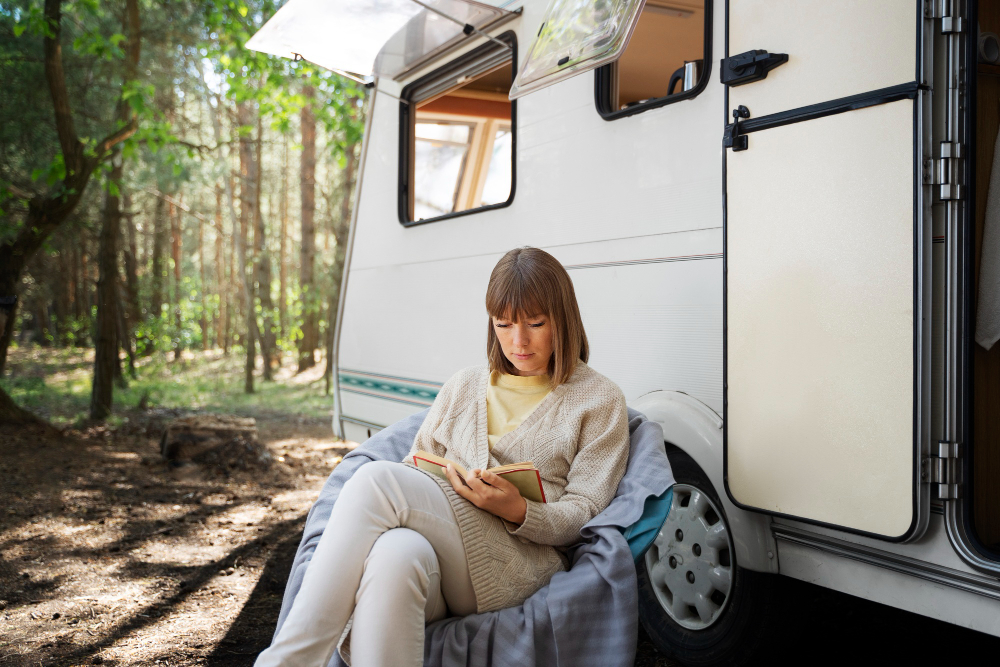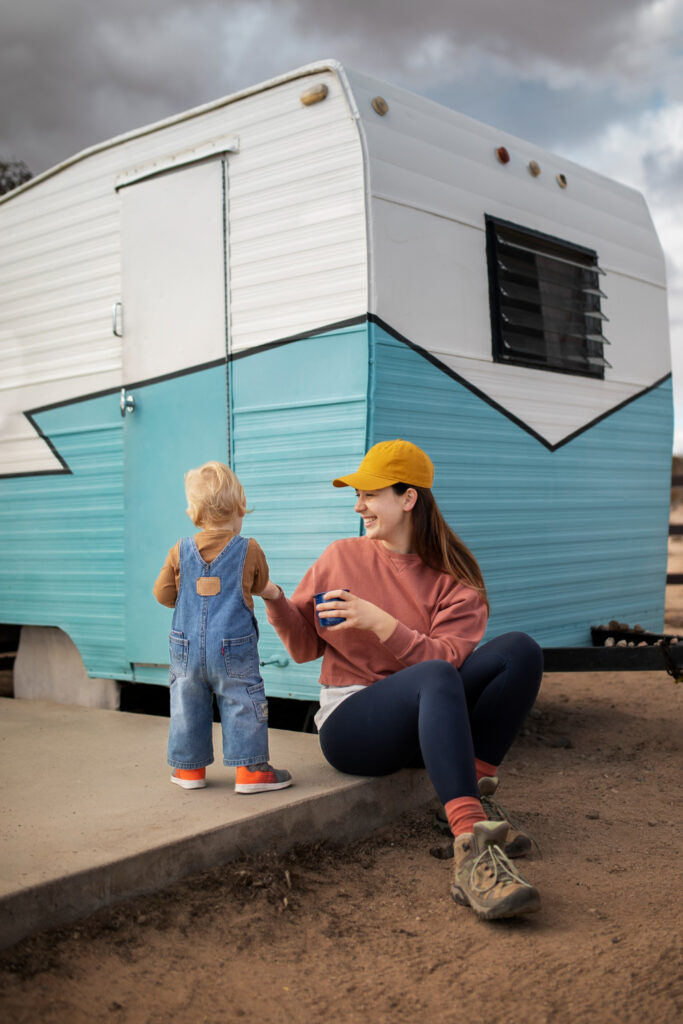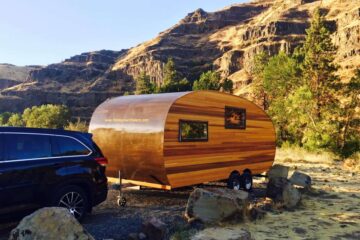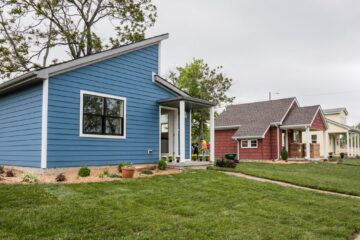At first glance, the allure of a Tiny House on Wheels (THOW) feels irresistible—freedom from mortgage debt, minimalist living, the open road just outside your window. For many off-grid enthusiasts and downsizing dreamers, a THOW seems the perfect answer to housing costs, overconsumption, and a desire for a simpler life. But for those who take the leap, a sobering reality often sets in: parking legally is the hardest part of living tiny.
Despite the growing popularity of tiny homes, U.S. zoning laws and local ordinances have not caught up with the movement. In fact, they’re often the very thing preventing people from living in their THOWs full-time.
The Legal Limbo of “Living on Wheels”
Across most of the United States, zoning regulations draw a hard line between what qualifies as a permanent dwelling and what doesn’t. And here’s the kicker: if your home has wheels, it’s typically not considered a legal residence. Many municipalities treat THOWs as recreational vehicles (RVs), which means they’re seen as temporary structures, not homes you can legally live in year-round.
Reddit user @NeverStopAskingWhy summed up the frustration well in a recent thread on r/tinyhomes:
“Most cities have rules against living in a THOW on your own land. Parking seems to be the biggest hurdle.”
In other words, even if you own land outright, local codes may still forbid you from residing in your tiny home full-time if it’s on wheels. That forces many would-be tiny dwellers into a kind of legal grey zone, where they either live “illegally” on private land, or are constantly on the hunt for the next place to park without drawing complaints or enforcement action.
Tiny Communities Are Scarce—and Competitive
To work around these zoning limitations, some people turn to tiny home communities or RV parks. But while these exist, they are few and far between, and demand is high. Most are located in progressive or rural areas that have passed specific ordinances to welcome THOWs. Others are privately owned and come with hefty waiting lists or monthly fees that can rival apartment rents in some regions.
For those dreaming of autonomy and affordability, this can be disheartening. The irony? The lifestyle designed to reduce stress often begins with an uphill battle against regulation.
A Patchwork of Progress
The good news is that change, however slow, is happening. Some states and counties are beginning to update building codes to include THOWs as legal residences, sometimes under the broader umbrella of “accessory dwelling units” (ADUs). Cities like Fresno, CA, and Durango, CO, have made strides in legalizing tiny homes on wheels for full-time use. Maine and Oregon have also been at the forefront of tiny-friendly zoning.
But progress is inconsistent. What’s legal in one zip code may be entirely forbidden in the next. That patchwork of legality makes it difficult for people to plan long-term, tiny living without extensive research, and sometimes, a lawyer.
Living Between the Lines
For many tiny homeowners, the workaround is quite non-compliant. They park on a friend’s property, live “under the radar” in rural areas, or form informal micro-communities on land that hasn’t yet drawn too much regulatory scrutiny. But these arrangements come with anxiety. All it takes is one complaint from a neighbor or a visit from code enforcement to disrupt your home and livelihood.

And then there’s the emotional toll. People who choose tiny living often do so for philosophical reasons: to live more sustainably, reduce consumption, or spend more time outside. But instead of enjoying that freedom, they’re stuck navigating a legal labyrinth that wasn’t designed for their lifestyle.
The Need for Advocacy and Awareness
If the tiny house movement is to flourish, it needs more than creative design and Instagram-worthy builds. It needs legal recognition. Advocacy groups, zoning reform campaigns, and local political engagement are all part of the puzzle. Without these efforts, THOW owners will remain nomads not by choice, but by necessity.
For now, anyone considering a THOW lifestyle should be prepared for more than just building codes and composting toilets—they should be ready to become zoning experts, community advocates, and, sometimes, legal rebels.
Because in the world of tiny houses, home isn’t just where the heart is—it’s where you’re allowed to legally park.






[…] its tiny size. There is no word on price yet, but the mobile studio will be displayed at the Tiny House 101 Workshop on October 1 and 2 in Ojai, […]
Thanks for sharing that offgrid lifestyle is not for everyone. Many people see the romance and nature, but with all that comes a lot of struggle that accompanies this life. And that’s exactly why we love it.